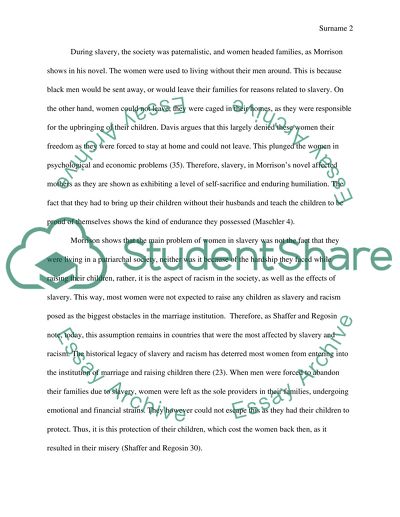Cite this document
(“How Slavery Affects the Institution of Marriage by novel The Beloved Essay”, n.d.)
Retrieved from https://studentshare.org/marketing/1611258-how-slavery-affects-the-institution-of-marriage-by-novel-the-beloved
Retrieved from https://studentshare.org/marketing/1611258-how-slavery-affects-the-institution-of-marriage-by-novel-the-beloved
(How Slavery Affects the Institution of Marriage by Novel The Beloved Essay)
https://studentshare.org/marketing/1611258-how-slavery-affects-the-institution-of-marriage-by-novel-the-beloved.
https://studentshare.org/marketing/1611258-how-slavery-affects-the-institution-of-marriage-by-novel-the-beloved.
“How Slavery Affects the Institution of Marriage by Novel The Beloved Essay”, n.d. https://studentshare.org/marketing/1611258-how-slavery-affects-the-institution-of-marriage-by-novel-the-beloved.


